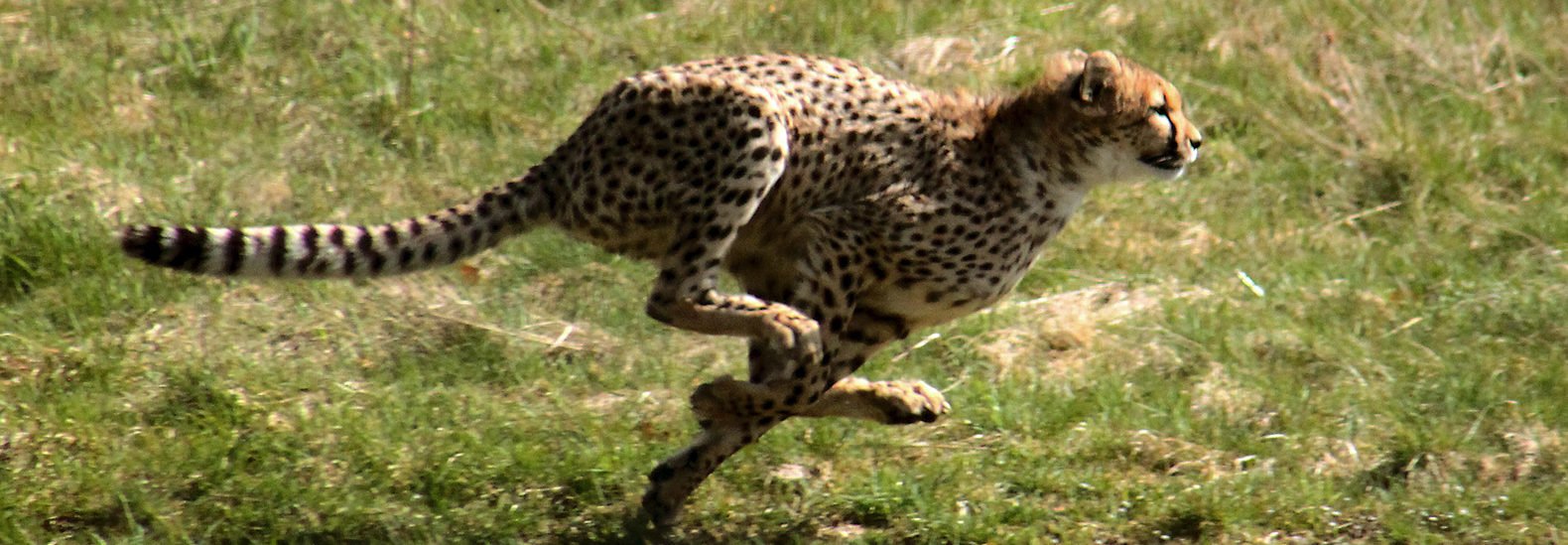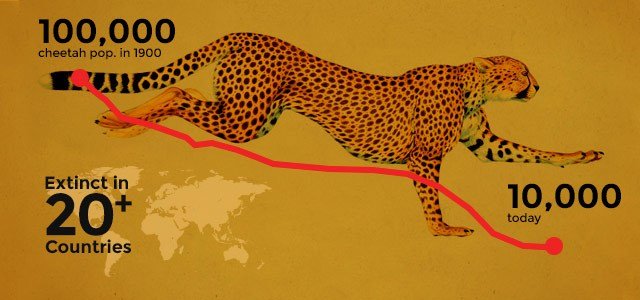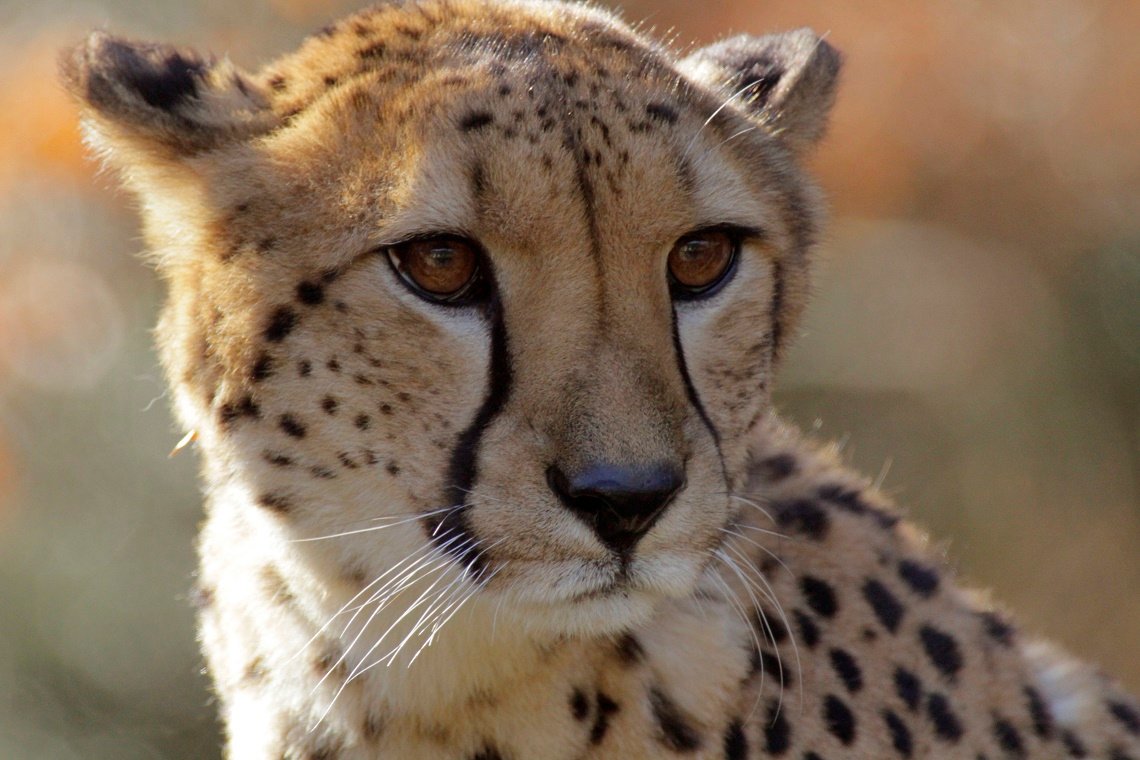
Only a century ago more than 100,000 cheetahs existed in Africa's savanna. But, the number of this impetuous predators has been lowered to just 10,000. According to a new report their populations are plummeting toward extinction. Researchers of National Academy of Sciences has just published a journal where they called for cheetahs' conservation status to be raised to “endangered,” to reflect their low numbers and stave off further declines.
In a study published this week in the journal Proceedings of the National Academy of Sciences, researchers called for cheetahs' conservation status to be raised to “endangered,” to reflect their low numbers and stave off further declines.
“Given the secretive nature of this elusive cat, it has been difficult to gather hard information on the species, leading to its plight being overlooked,’ lead author Sarah Durant, a researcher at the Zoological Society of London and the Wildlife Conservation Society, said in a statement. “Our findings show that the large space requirements for the cheetah, coupled with the complex range of threats faced by the species in the wild, mean that it is likely to be much more vulnerable to extinction than was previously thought.”

Cheetahs, the speediest creatures, require home ranges that can traverse a thousands of miles. Their natural surroundings once stretched out crosswise over Africa all the way to southwestern Asia. But, it has been destroyed by human, and the populace is partitioned accordingly. This fragmented existence makes survival much more troublesome for them; without hereditary differences from reproducing with inconsequential creatures, each delicate gathering turns out to be considerably more powerless against infection, nourishment deficiencies and ecological change.
More than 75 percent of the cheetah's range is not some portion of a secured zone, and that makes it hard to guarantee their safety. Despite the fact that governments are required to monitor cheetahs inside national parks. Although, there is a very little information on the quantity of creatures outside them. But the animals' extensive ranges mean they're constantly roving past the reach of protections afforded them on public lands.

A group called Conservation Project Zimbabwe sought cheetah photographs and reports of sightings from tourists and safari guides and interviewed thousands of village leaders and ranchers to arrive at that number — which represents a decline of almost 90 percent since the start of the millennium.
Working over this "mosaic" landscape will empower specialists to get a firmer thought of where cheetah populations truly stand. A model created by Durant and her associates to reproduce the impacts of the present rate of decrease — around 10 percent for each year in unprotected populaces — suggested that the world could lose half of its residual cheetahs in 15 years. Also, that is a conservative gauge; it doesn't consider the impacts of natural habitat fragmentation.
Yeneneh Teka, working now at the Ethiopian Wildlife Conservation Authority, said that --
“It’s a timely paper, It should help to alert policymakers that the cheetah population is declining and measures have to be in place to save those outside protected areas.”
 Please, Save Us
Please, Save Us
Reference :
1. http://www.livescience.com/57324-cheetahs-threatened-with-extinction.html
2. https://www.washingtonpost.com/news/speaking-of-science/wp/2016/12/28/cheetahs-are-racing-toward-extinction/?utm_term=.c58eeae81019
3. http://edition.cnn.com/2016/12/26/africa/cheetahs-disappearing-research/
